Politburo member and Prime Minister Pham Minh Chinh encouraged, presented gifts, and participated in the groundbreaking ceremony for new houses and launched a nationwide emulation movement to "eliminate temporary and dilapidated houses" in Da Bac district, Hoa Binh province_Photo: VGP
Important and outstanding results and achievements
After nearly 40 years of implementing the renovation process, the country's economic , cultural, social, etc. fields have all developed rapidly, bringing Vietnam from a backward, underdeveloped state to a middle-income country. Vietnam's Human Development Index (HDI) in 2022 is 0.726, belonging to the group of countries with a high level of human development. Vietnam's income inequality coefficient (Gini) in 2023 is 0.374, which is considered to be more progressive than before... The results and achievements in implementing the social equity (CBXH) goal in the renovation period are shown in the following basic areas:
On economic justice
The policy of developing a multi-sector, socialist-oriented commodity economy of the 6th Party Congress (1986), together with the freedom of business stipulated in the 1992 Constitution, has created a free, democratic and equal production and business environment in Vietnam. “The highest goal of implementing economic democracy is to achieve social progress and justice” (1) .
The policy of household contracting and land allocation to farmers according to Resolution No. 10-NQ/TW, dated April 5, 1988, of the Politburo , on "Innovation in agricultural economic management" is a breakthrough policy, effective in promoting the implementation of the right to access land for production, contributing to ensuring fairness between investment in production resources and the benefits and production efficiency of farming households, while narrowing the gap in income and development between rural and urban areas.
Many important economic laws have been enacted, such as the Enterprise Law, Land Law, Commercial Law, Competition Law, etc., creating the necessary legal corridor for businesses to expand production and business activities. Therefore, the scale of Vietnam's economy is getting larger and larger, reaching 430 billion USD in 2023. The average income per capita in our country after nearly 40 years of innovation has increased about 27 times, from 159 USD in 1985 to 4,284 USD in 2023, contributing to narrowing the income gap, overcoming the polarization between rich and poor, social inequality...
On social justice
Labor and employment policies in the reform period have been effective and achieved remarkable results. During the period 2012 - 2020, the general unemployment rate nationwide remained low (2% - 3%). The unemployment rate among working-age people in the first 9 months of 2024 was 2.26%, down from 2023. Notably, Vietnam is ranked among the countries with the lowest unemployment rates in the world.
Due to the rapid development of Vietnam's economy, the average income per capita has increased significantly, the average income growth rate in rural areas is higher than in urban areas..., so the income gap between rural and urban areas, as well as between the richest 20% of the population and the poorest 20% of the population in the country is narrowing. The poverty rate in our country tends to decrease sharply, in 2023 it will be only 3.4%.
In the recent period, the national housing development strategy has been implemented synchronously and effectively. Therefore, the housing problem for the poor, low-income people, workers, etc. in the country has been gradually resolved, contributing to narrowing the housing gap between low-income people, the poor and high-income people. The total number of households with permanent and semi-permanent houses is 97.2%.
The issue of ensuring social security has always been of concern to the Party and the State, especially for poor households, families in difficult circumstances, families of war invalids, sick soldiers, people with revolutionary contributions... "Currently, the whole country has about 3.356 million people, accounting for about 3.356% of the population, receiving monthly social benefits in the community" (2) . The policy of universal health insurance coverage has contributed to ensuring fairness in access to modern health services among working people.
On equity in the fields of culture and education
The Law on Cultural Heritage, the Law on Education, the Law on Publishing, the Law on Press, the Law on Cinema, etc. have been promulgated as important legal bases, positively impacting the promotion of cultural and educational equality among classes, ethnic groups, regions, and areas... The process of building an advanced and modern culture that meets the requirements of international integration is carried out in parallel with the preservation and maintenance of the traditional cultural identity of the nation. The State has appropriate policies to ensure the development of equitable cultural life among regions and areas; to preserve and conserve the traditional cultural values and identities of ethnic minorities; to ensure the balance and harmony between the preservation of tangible and intangible cultural values... In the field of belief and religion, the right to freedom of belief and religion, the right to equality among religions are respected and guaranteed through specific legal provisions.
The Law on Education specifically stipulates the right to equal learning opportunities for citizens, regardless of ethnicity, religion, belief, gender, family origin, social status, economic circumstances. At the same time, the State has policies to subsidize, exempt, and reduce tuition fees for social policy beneficiaries, ethnic minorities, people with disabilities, people from poor households... Universalizing preschool education for 5-year-old children, primary and secondary education is a policy to ensure minimum access to education for everyone, regardless of ethnicity, social class, region, etc. In the 2022-2023 school year, the total number of schools in ethnic minority and mountainous areas, including preschool and general education, is 20,495 schools with 10,145,199 students.
On judicial reform, protecting justice
In order to build a civilized, modern, strict, justice-protecting judiciary, contributing to promoting the implementation of the goal of social justice in the renovation period, on January 2, 2002, the Politburo issued Resolution No. 08-NQ/TW, on "Some key tasks of judicial work in the coming time" . Accordingly, the court sessions will proceed to shift from the form of inquisitorial proceedings to the form of adversarial proceedings. This is an important step, a breakthrough in the Party's Judicial Reform Strategy. In order to promote the Judicial Reform Strategy, on June 2, 2005, the Politburo issued Resolution No. 49-NQ/TW, on " Judicial Reform Strategy to 2020 ". In the spirit of judicial reform of the above resolutions, the process of building and perfecting the law has achieved important progress. The 2013 Constitution and codes and laws, such as the Criminal Procedure Code, the Law on Organization of People's Courts, the Law on Lawyers, the Law on State Compensation Liability, the Amnesty Law, etc., recognize many progressive principles of criminal proceedings, such as independent courts in trials, equality before the law, presumption of innocence, litigation, public apologies, compensation for those who have been wrongly convicted, especially the provision that investigators, prosecutors, accused persons, and defense attorneys all have equal rights in presenting evidence and evaluating evidence, etc. The Party's judicial reform strategy creates an important and necessary breakthrough in the process of building a civilized, modern, honest, and justice-protecting Vietnamese judiciary...
On ensuring human equality
Implementing the Party's innovation guidelines and policies, the protection of human rights in Vietnam has entered a new era. The 2013 Constitution stipulates basic human rights of equality, such as equality before the law; equality between men and women... With many efforts and endeavors, through legislative, executive, judicial and supervisory activities of the Fatherland Front, citizens' rights to equality are respected and implemented in all economic, cultural, political, social and judicial fields... Therefore, Vietnam's position and prestige in the field of protecting and ensuring human rights are constantly enhanced in the region and in the world.
Some limitations
In the economic field
The right to freedom of business is recognized by the Constitution as a legal basis to ensure equality among all types of enterprises. However, “the right to freedom of business and property rights, access to business opportunities, and social resources are not truly equal between the private economy and other economic sectors” (3) . “In resource distribution, the State still gives priority and incentives to state-owned enterprises, creating a “forbidden zone” for this group of enterprises” (4) . Investment and allocation of public resources have not ensured fairness among economic sectors. The existence of “two-price land” and unreasonable regulations on compensation and site clearance have given rise to a number of social problems, such as income inequality between people whose land has been recovered and investors in commercial projects on recovered land due to land rent differences. People, especially poor households, still face difficulties in procedures in accessing official capital to develop production and business...
About social field
Because some socio-economic policies have not been optimally effective, the goal of narrowing the gap in per capita income between the 20% richest population and the 20% poorest population in the country has not achieved the desired results. Vietnam's Gini index has improved, but "income inequality tends to increase in less developed areas. The poverty rate has decreased but the gap between rich and poor has not decreased" (5) , especially in the Northern mountainous region and the Central Highlands. The proportion of informal workers is still quite high, outside of social security policies, with unstable income, precarious life, and low living standards, especially when they are exhausted from work.
Investment resources for urban infrastructure development are much higher than investment in transport infrastructure development in rural and mountainous areas. Many ethnic minority households still live in temporary and simple houses. Policies to ensure social security between formal and informal workers and workers in the agricultural sector still have many shortcomings. "People in rural and mountainous areas face many difficulties in accessing advanced and modern medical services at higher levels" (6) . Gender inequality still exists in some places, affecting the development of women and girls, especially in rural and mountainous areas...
In the field of culture
Culture is considered the soul of the nation, but its value, position and role in social life and in the development of the country have not been properly recognized and evaluated. "Culture has not been given equal attention to economics and politics" (7) . "The gap in cultural enjoyment between regions and areas is still large. Cultural life in ethnic minority areas, remote areas, border areas and islands still faces many difficulties" (8) . Cultural development policies have not met the diverse cultural enjoyment needs of different social classes, and have not ensured fairness in cultural development between ethnic groups, regions and areas, nor have they ensured fairness in the preservation and conservation of tangible and intangible culture. Some socio-economic development programs and projects are still biased, placing economic interests above all else, and not paying attention to the preservation of traditional cultural values and identities. There is still a gap in the level of education and knowledge between men and women, between ethnic minorities, and between rural and urban areas.
On protecting justice, fairness, and reason
Building a democratic, strict, modern judiciary that protects justice is an important component in realizing the goal of social equity in the renovation period. To protect justice, fairness, and reason, the 2013 Constitution stipulates basic principles, such as equality before the law; judges and jurors are independent and only obey the law; litigation in trials... However, there are still some provisions that do not fully ensure the right to equality before the law between the prosecution and the defense. Criminal law also tends to "expand criminalization beyond necessity, not really valuing preventive values and humanity" (9). Some types of judicial administrative procedures are still complicated, requiring many types of documents and papers, causing difficulties for people when carrying out legal procedures at judicial agencies, especially for people with low education levels, people living in remote areas, people who are not fluent in the common language...
On ensuring the implementation of human rights
Human rights play an important role in ensuring social justice. Human equality is the basis for ensuring the goal of fairness, equality between men and women, between ethnic groups, between people of the working class and people of social status, the middle class, the well-off, etc. in participating in contributing ideas to build policies, laws, state and social management. However, people with low incomes, informal workers, etc. seem to have less opportunity to be recruited into public agencies, nor do they have equal opportunities compared to people with high incomes, qualifications, the middle class, the well-off in participating in state and social management.
The number of citizens who run for National Assembly deputies is still small compared to the number of candidates consulted and introduced by the Vietnam Fatherland Front. The percentage of female deputies and ethnic minorities is not high. Migrant and informal workers in cities face more barriers than permanent residents in accessing and exercising their right to education; the right to fair working conditions; the right to social security...
Directions and tasks for implementing social justice in the period 2025 - 2030, vision to 2045
About direction, goal
Under the wise leadership of the Party, in nearly 40 years of implementing the renovation process, Vietnam has achieved great and great achievements in economic, cultural, social and human development... These are important and necessary premises for Vietnam to enter a new era, an era of national development; to realize the aspiration of turning Vietnam into a country with modern industry, and by 2045 to become a developed socialist country with high income. In the new era, the goal of a rich people, a strong country, democracy, fairness and civilization is the highest, overarching and consistent goal of the entire Party and people. However, besides the opportunities and fortunes, Vietnam also faces many difficulties and challenges such as: instability and the risk of recession in the global economy; the impact and influence of the armed conflict between Russia and Ukraine, the armed conflict in the Middle East; adverse impacts of the Fourth Industrial Revolution on labor, employment and income of the workforce; potential risks of non-traditional security... In the era of national development, the implementation of social justice goals must meet increasingly high and complex criteria and requirements regarding employment, income, gender equality, narrowing the gap between rich and poor... Therefore, in order to effectively implement the Party's guidelines and policies, the State's policies and laws on social justice, it is necessary to identify specific goals:
One is to continue to do it, Accelerate the progress of building a socialist rule-of-law state of Vietnam, promote the Party's judicial reform strategy; summarize, evaluate, and promote the results and achievements in realizing the goal of "rich people, strong country, democracy, fairness, and civilization" in nearly 40 years of implementing the renovation process; modernize and improve the effectiveness of national governance; ensure fairness and equality in development opportunities for individuals, groups, genders and ethnic minorities; optimize the use of resources for national development; expand the scale of the economy, and increase average income per capita.
Second , planning, building and promulgating socio-economic policies, ensuring the goal of equal and uniform development among the economic, political, cultural, social, educational and health sectors, between urban, rural and mountainous areas, between ethnic minorities and the majority, promoting gender equality; developing people, building a prosperous, happy, democratic, equitable and civilized society; strengthening integration and coordination with international institutions in implementing the United Nations Sustainable Development Goals; enhancing Vietnam's prestige and position in implementing the goal of social justice in the ASEAN region and in the world.
Our Party and State always care about human development, building a prosperous, happy, democratic, fair and civilized society_Photo: Document
Basic tasks and solutions
Firstly , promote socialist democracy, strengthen social consensus in implementing the Party and State's guidelines, policies and strategies on economic, cultural, social, educational and health development; promote the implementation of social equity goals in the economic, cultural, political and social fields; innovate the content, methods and implementation processes, strengthen the implementation of democracy at the grassroots level; expand participation, ensure equal rights in discussing and deciding on issues related to the people's legitimate rights and interests.
Second , innovate, perfect and modernize the law-making process, ensuring the actual equality of individuals and organizations in contributing opinions to draft laws; perfecting laws, mechanisms and processes to ensure the implementation of citizens' equality before the law; innovating the process and procedures for introducing candidates for the National Assembly and People's Councils...
Third , actively implement the goal of innovating national governance in the spirit of the 13th National Party Congress; perfect the model, institutions, and legal system associated with national governance, gradually perfect the mechanism to ensure equality in participation and coordination between the State, enterprises, and social organizations in national governance; innovate methods and processes to ensure social equity in planning, promulgating, and implementing policies on economic, cultural, social, educational, and health development.
Fourth , perfecting economic institutions, ensuring freedom of business, fair and healthy competition among all types of enterprises; implementing fair distribution of resources and results of labor and production according to the socialist-oriented market mechanism; narrowing the income gap between groups, classes, regions and ethnic groups; promoting the effectiveness of economic policies, reducing the rate of informal labor in urban and rural areas; completing the goal of reducing the unemployment rate in the labor force.
Fifth , promote reform, publicity and transparency of state administrative management activities; ensure fair treatment in handling administrative procedures and investment, and allocation of public resources; receive equal feedback from individuals, organizations and enterprises; raise the sense of discipline and responsibility for compliance with public ethics of cadres and civil servants; maintain the integrity of the state apparatus; ensure the principles of democracy, transparency, timeliness, equality and impartiality of the administration.
Sixth , strengthen the leadership, direction, summary and evaluation of the implementation of the Party's Judicial Reform Strategy; build a professional, modern, fair, strict, honest judiciary that serves the Fatherland and the people; build a judicial procedure system with trial as the center and litigation as a breakthrough; ensure democratic, fair, civilized, rule of law, modern, strict, accessible judicial procedures, ensure and protect human rights and citizens' rights; the independence of the court according to its jurisdiction, judges and jurors adjudicate independently and only obey the law...
Seventh , improve the effectiveness and efficiency of legislative, executive and judicial activities, ensure equal rights of every person in the economic, cultural, political, social, educational, health sectors, etc. so that every citizen can enjoy the good results of the economic, cultural, social development policies, protect human rights, ensure social security, etc. of the Party and State in the period of renovation./…
---------------
(1) See: Vu Thi Thu Huong: Economic Democracy in Vietnam: Contributing to the Results of Progress and Social Justice , Electronic Event Profile Magazine, September 13, 2024
(2) See: Bui Sy Loi: Results and achievements in implementing social justice in nearly 40 years of national renovation and tasks and solutions to promote social justice in Vietnam today , Electronic Communist Magazine, September 9, 2024
(3) See: Resolution No. 10-NQ/TW, dated June 3, 2017, 5th Central Conference, Session XII, on "Developing the private economy to become an important driving force of the socialist-oriented market economy"
(4) Le Thi Vinh: The role of the State in ensuring equitable distribution in Vietnam today: Some issues raised , Hanoi National University Science Journal, Policy and Management Research, vol. 34, no. 2, 2018, p. 1
(5), (6) See: Bui Sy Loi: Results and achievements in implementing social justice in nearly 40 years of national renovation and tasks and solutions to promote social justice in Vietnam today , Tlđd , September 9, 2024
(7) Documents of the 13th National Congress of Delegates , National Political Publishing House Truth, Hanoi, 2021, vol. I, p. 84
(8) Nguyen Phu Trong: "Strive to build, preserve and promote the unique values of advanced Vietnamese culture with strong national identity", Communist Electronic Magazine , November 24, 2021
(9) See: Vo Khanh Vinh: "The current state of judicial reform in our country in recent times and the issues raised", Vietnam Lawyers Electronic Magazine , September 25, 2021
Source: https://tapchicongsan.org.vn/web/guest/nghien-cu/-/2018/1077502/phuong-huong%2C-nhiem-vu-co-ban-nham-phat-huy-thanh-tuu-bao-dam-cong-bang-xa-hoi--trong-gan-40-nam-thuc-hien-cong-cuoc-doi-moi-dat-nuoc.aspx


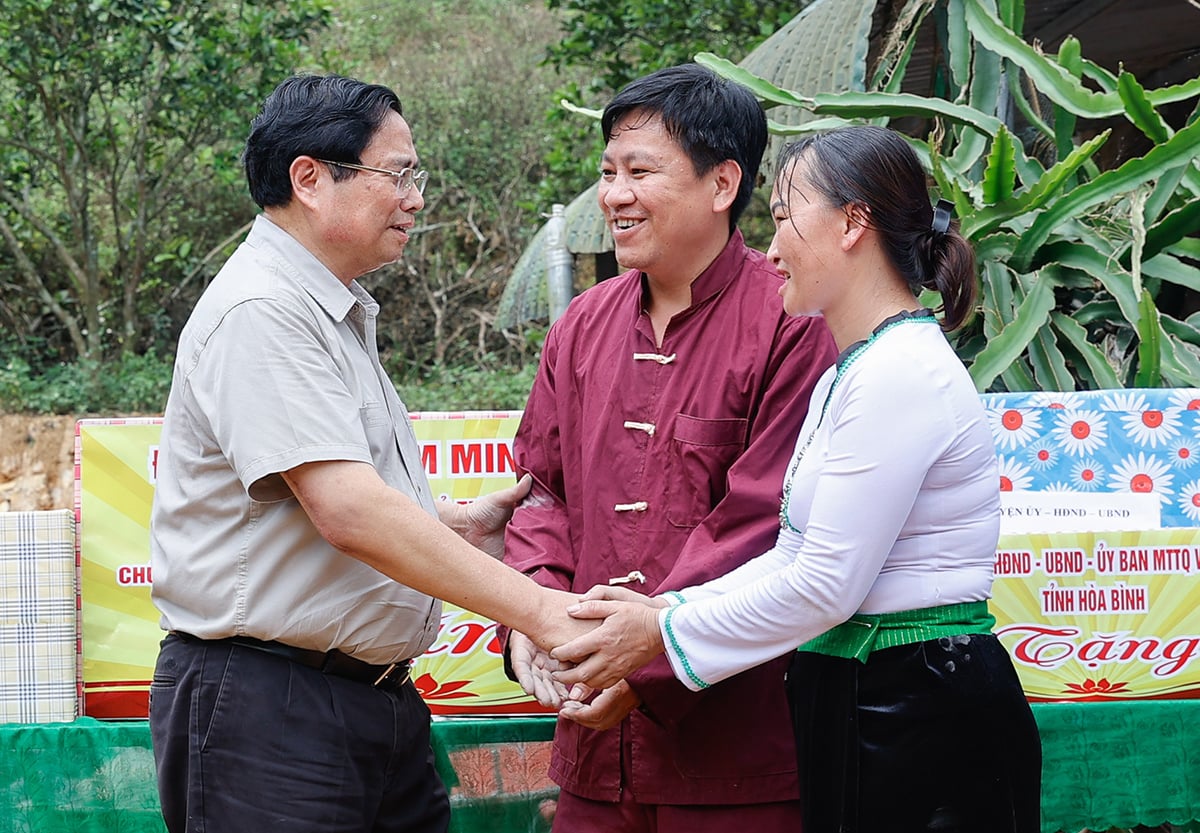
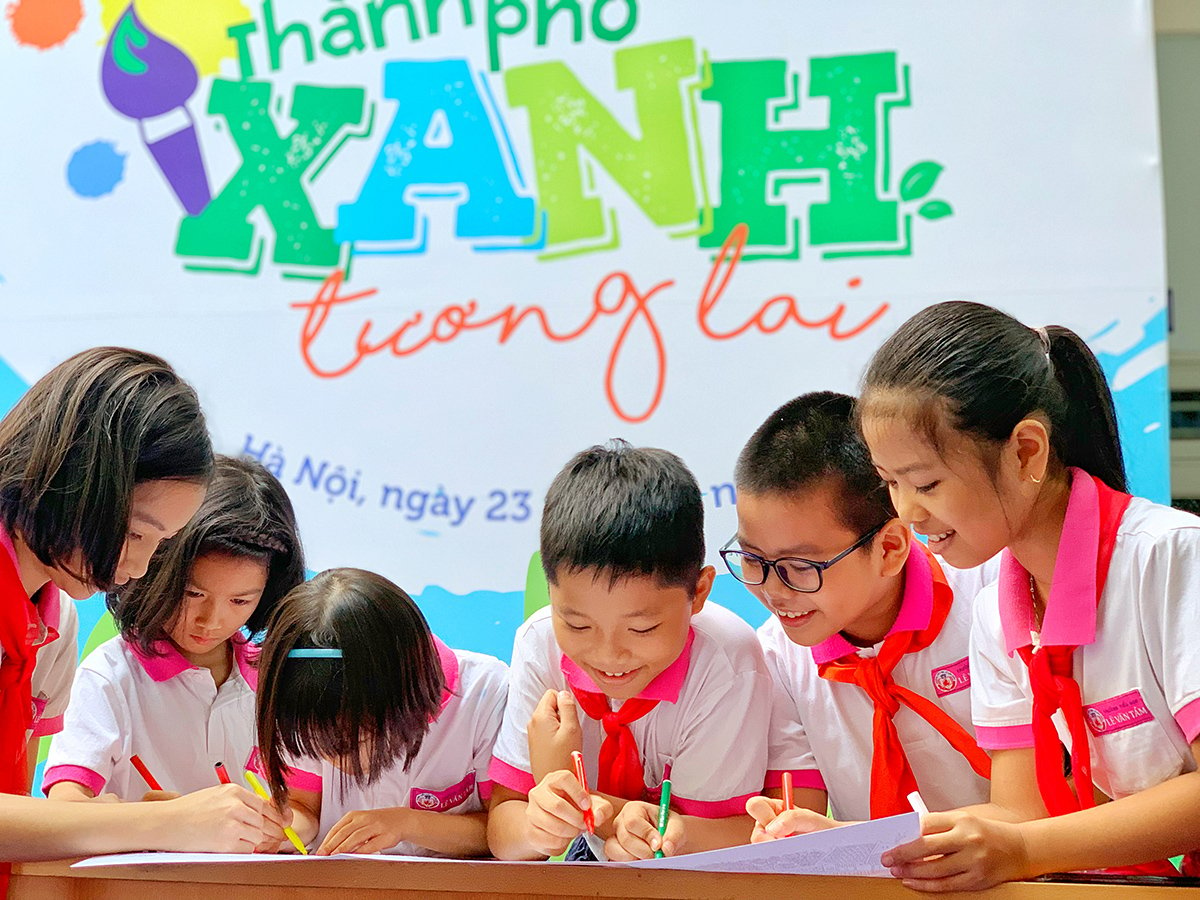





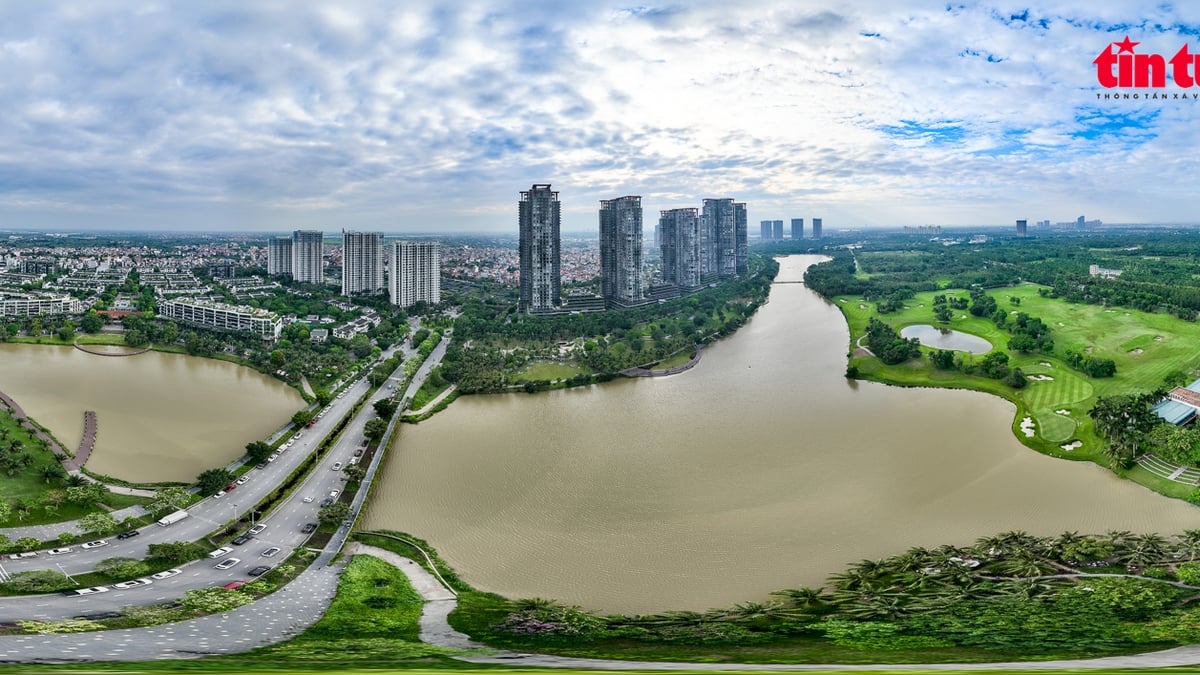



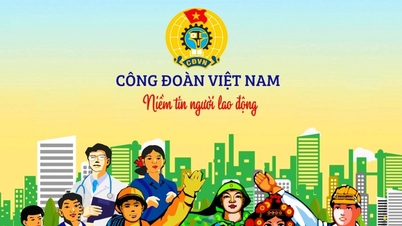


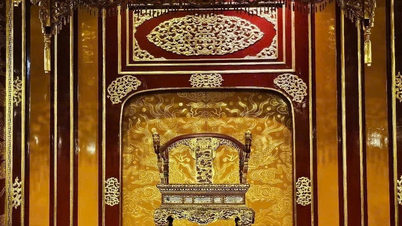






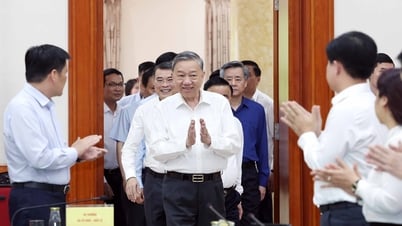
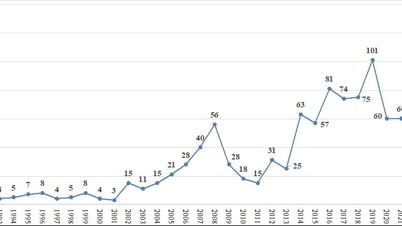
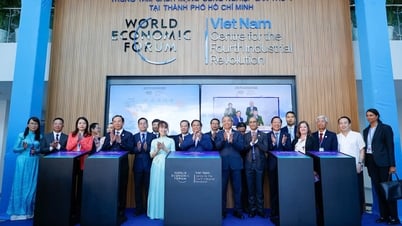
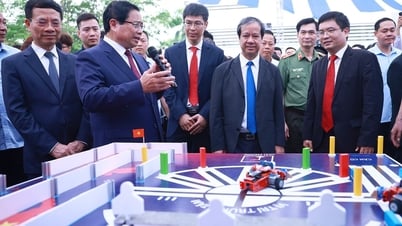
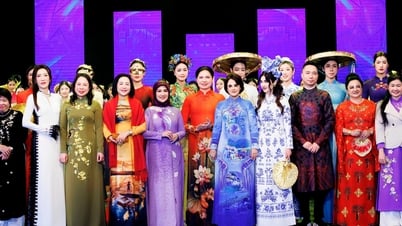

























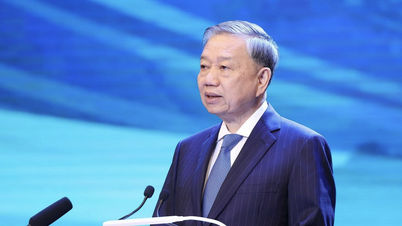
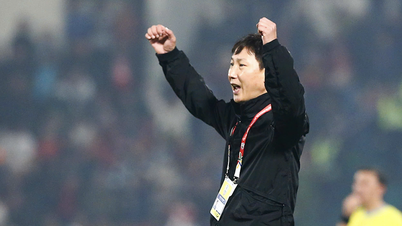
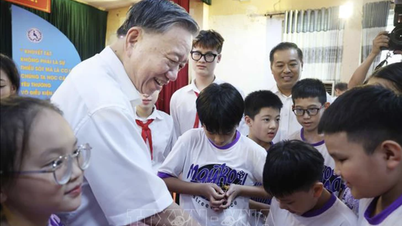














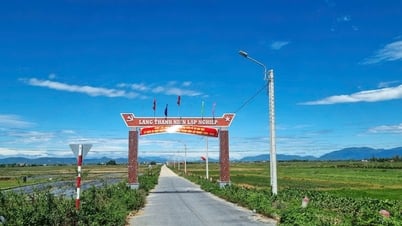

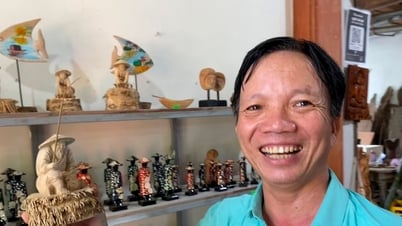
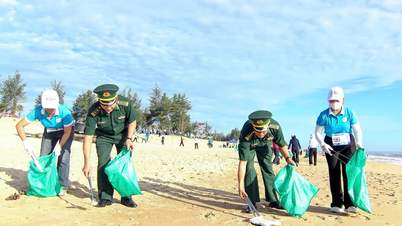

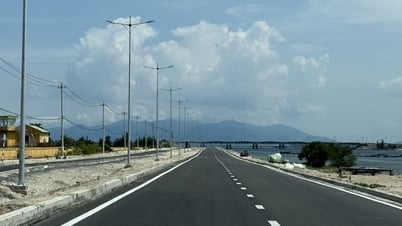

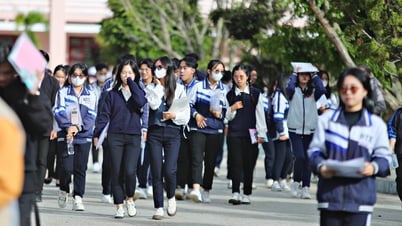

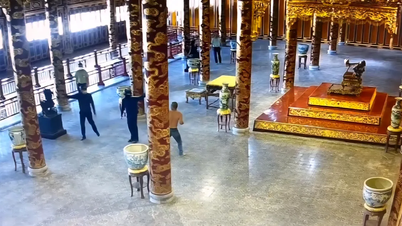












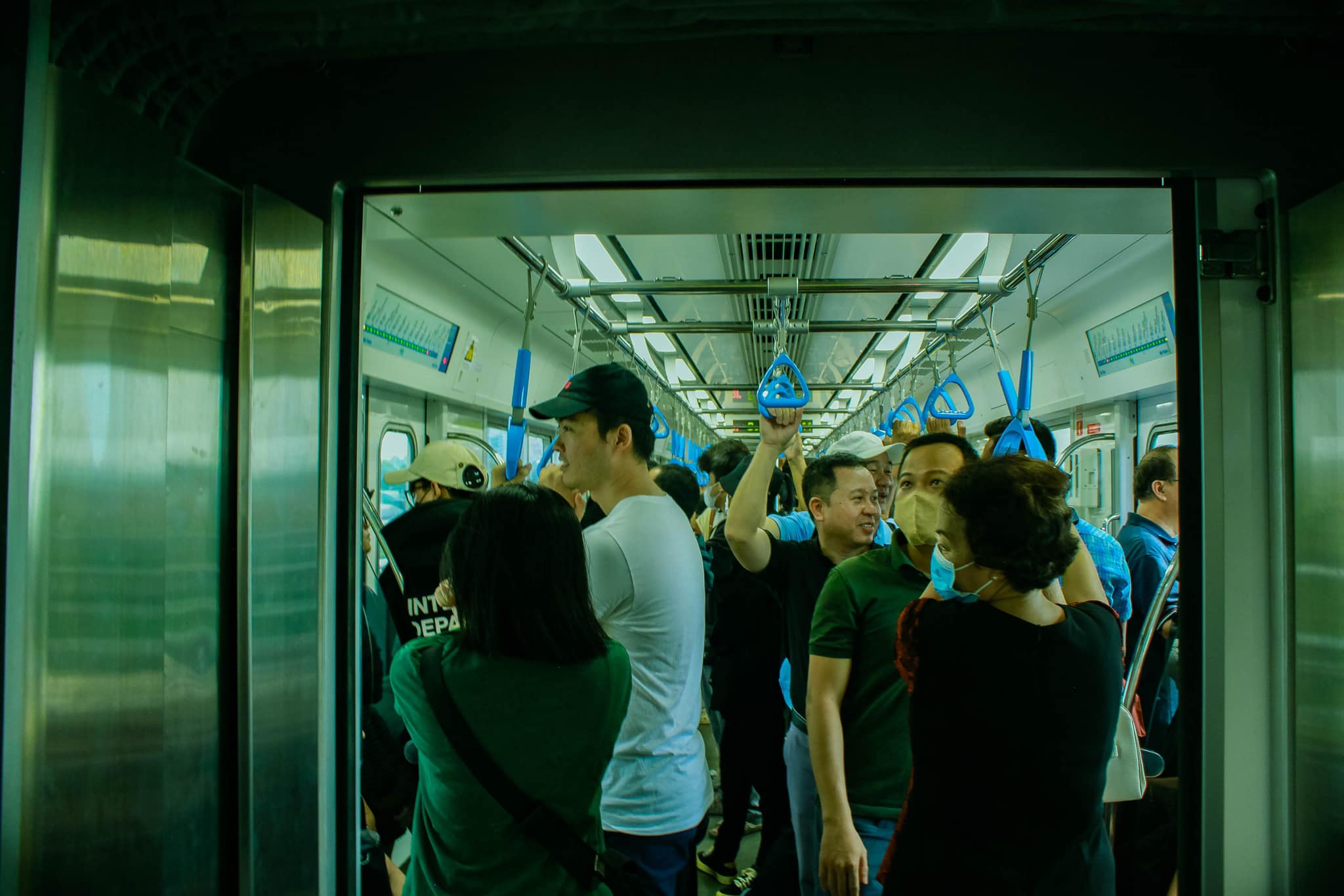



Comment (0)